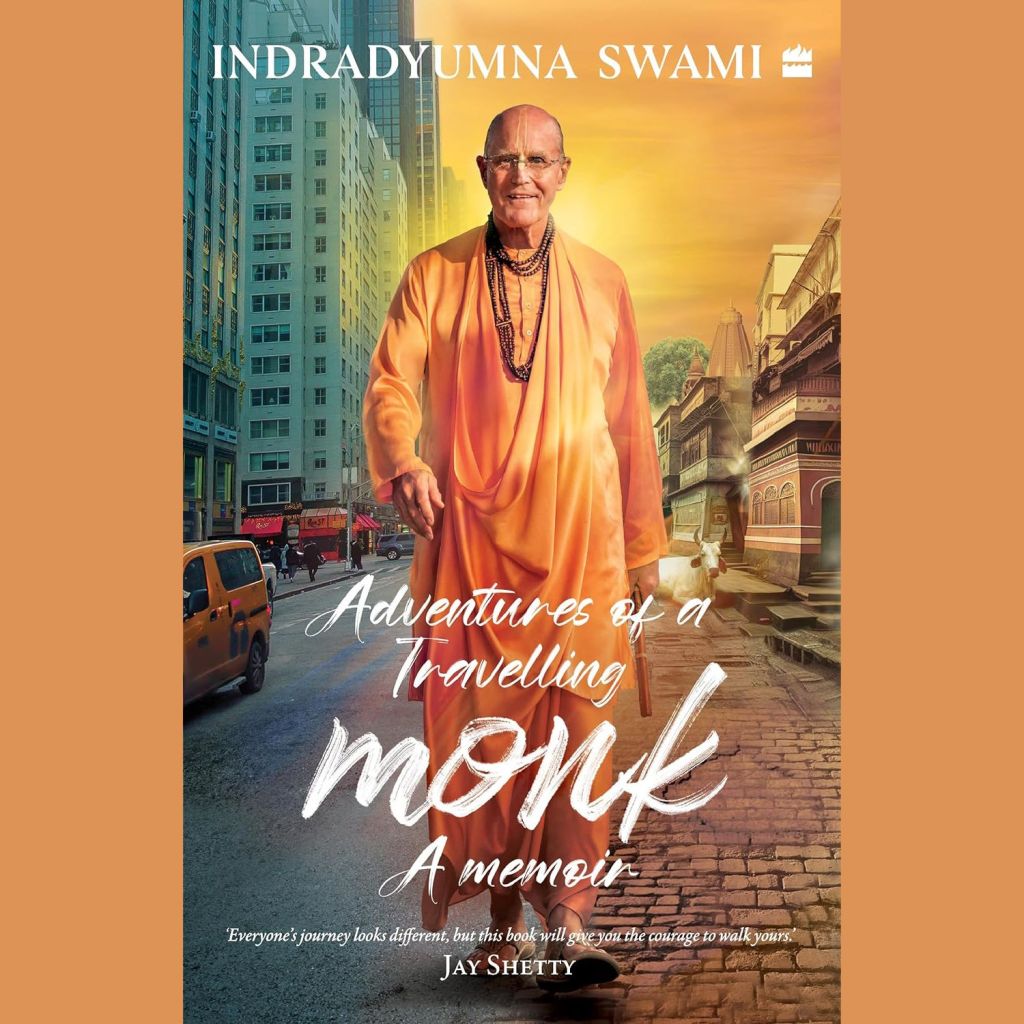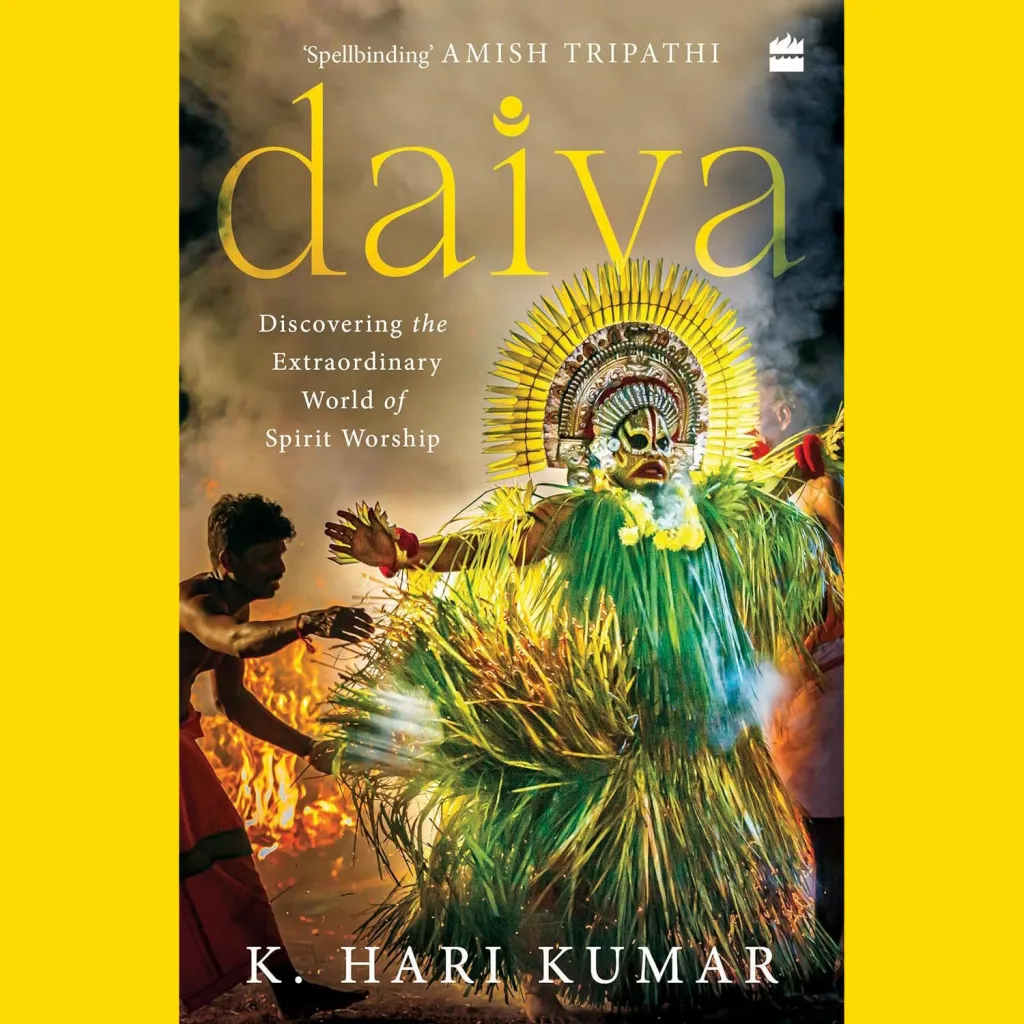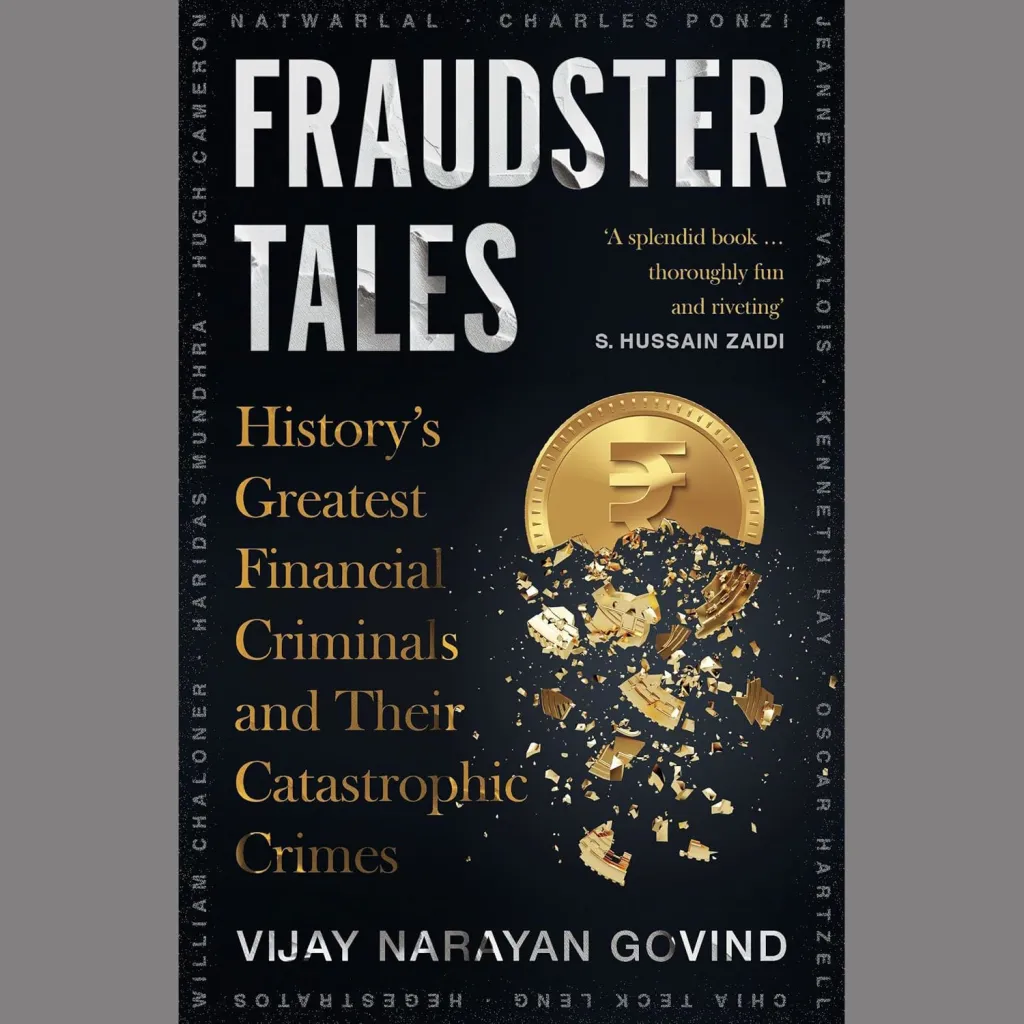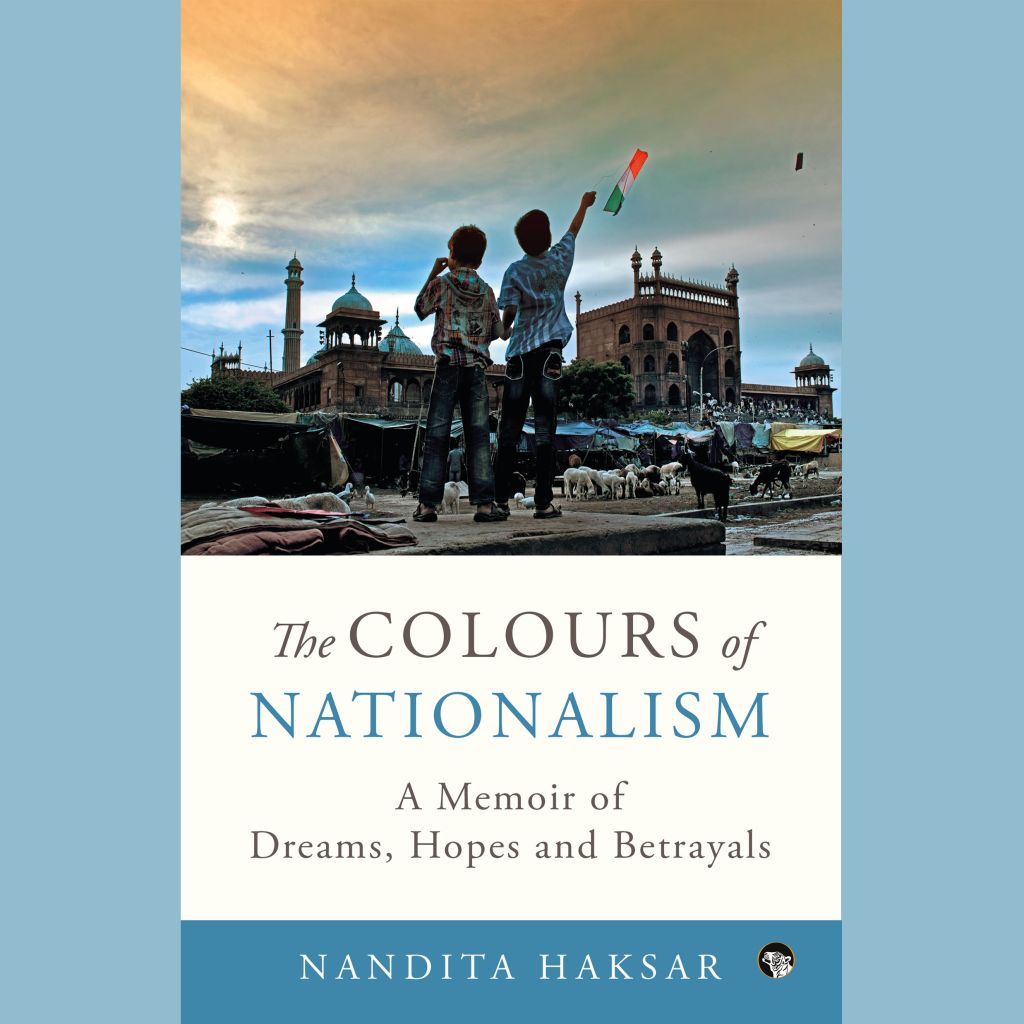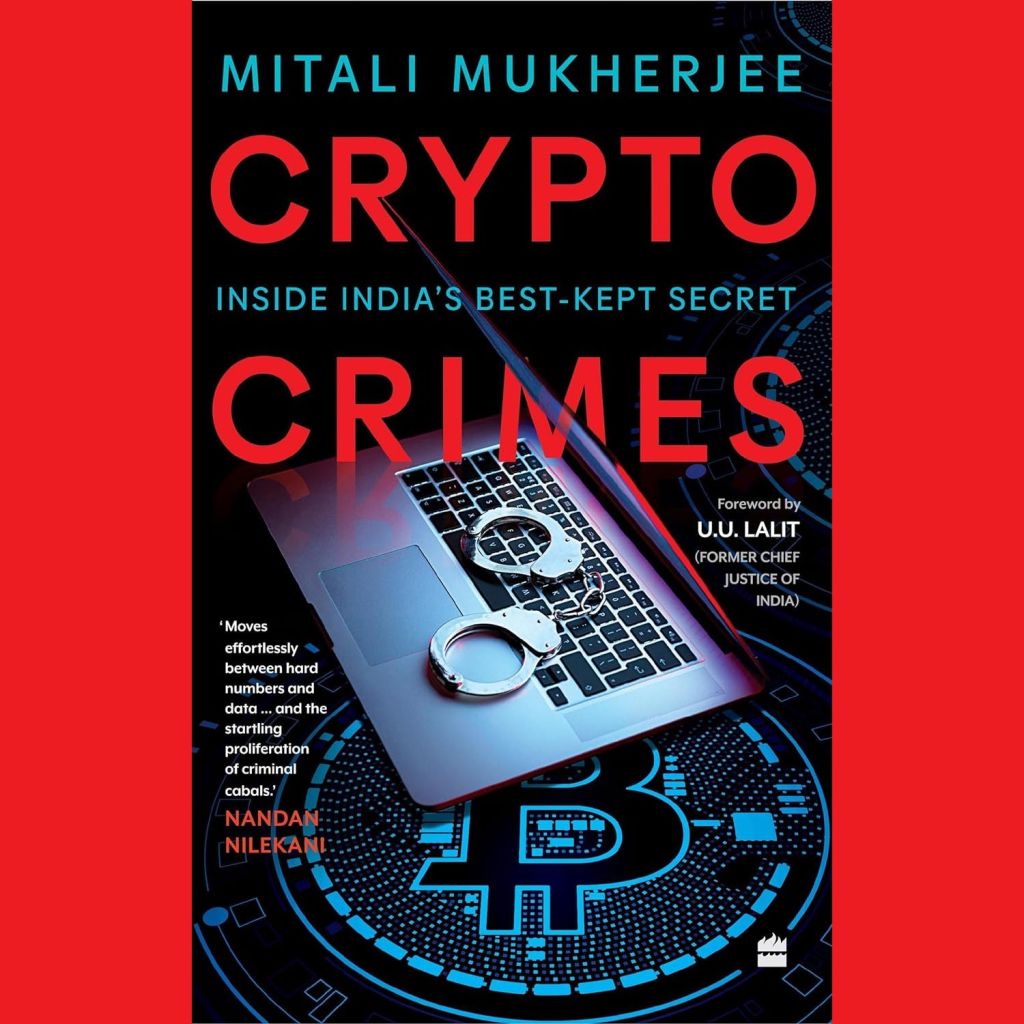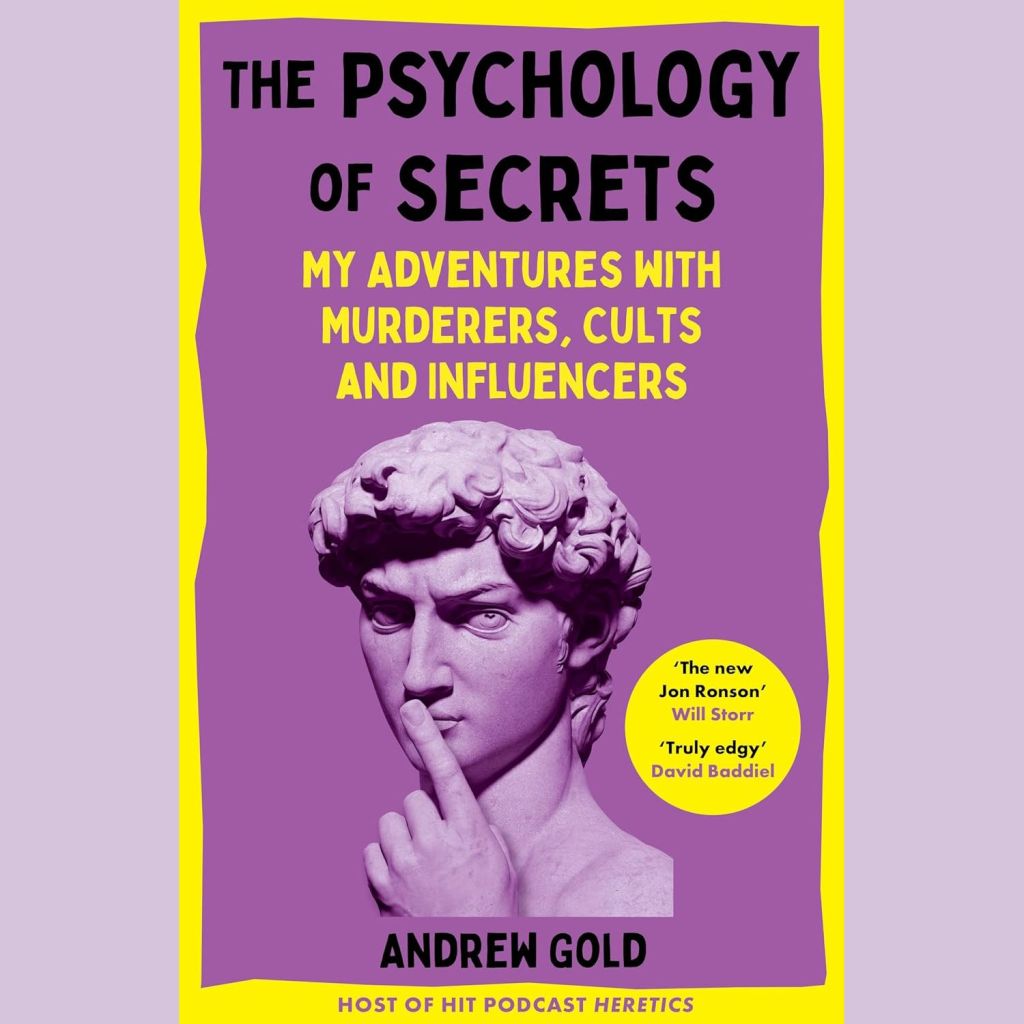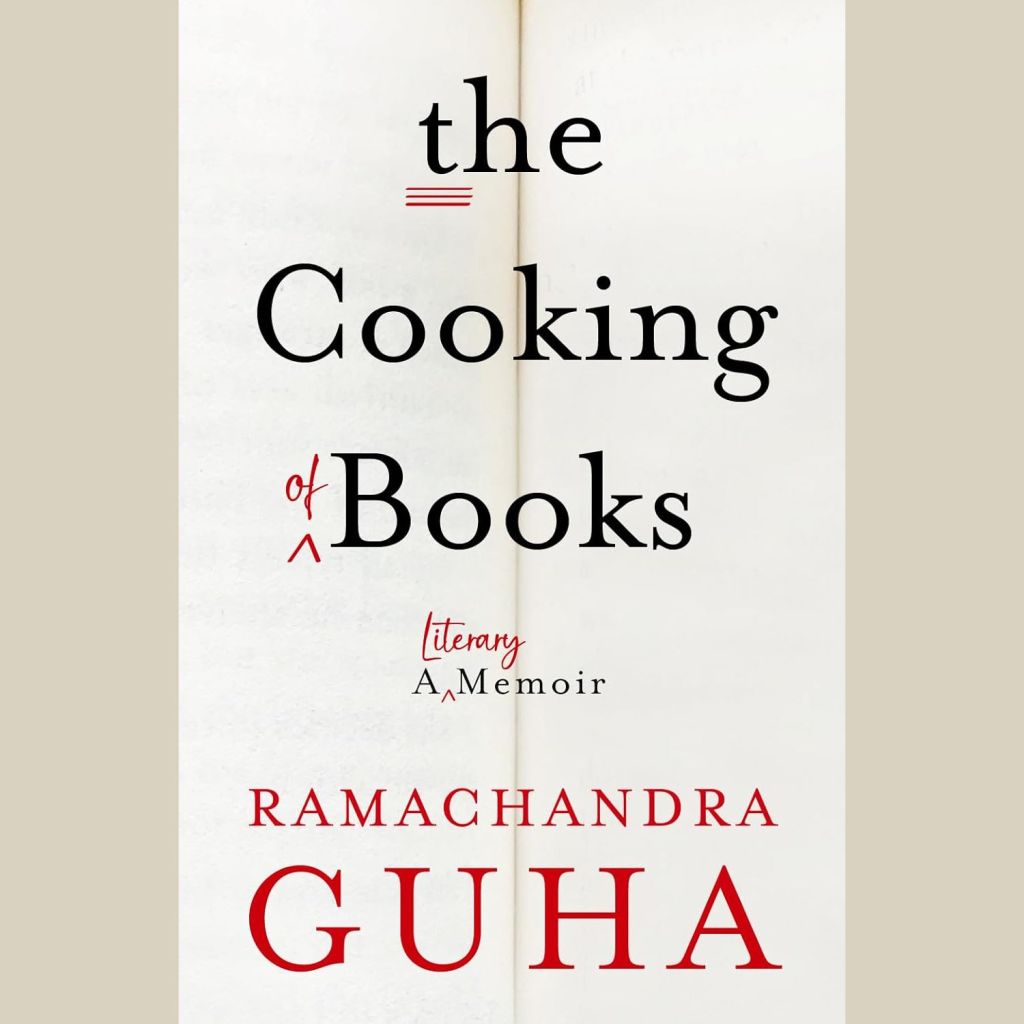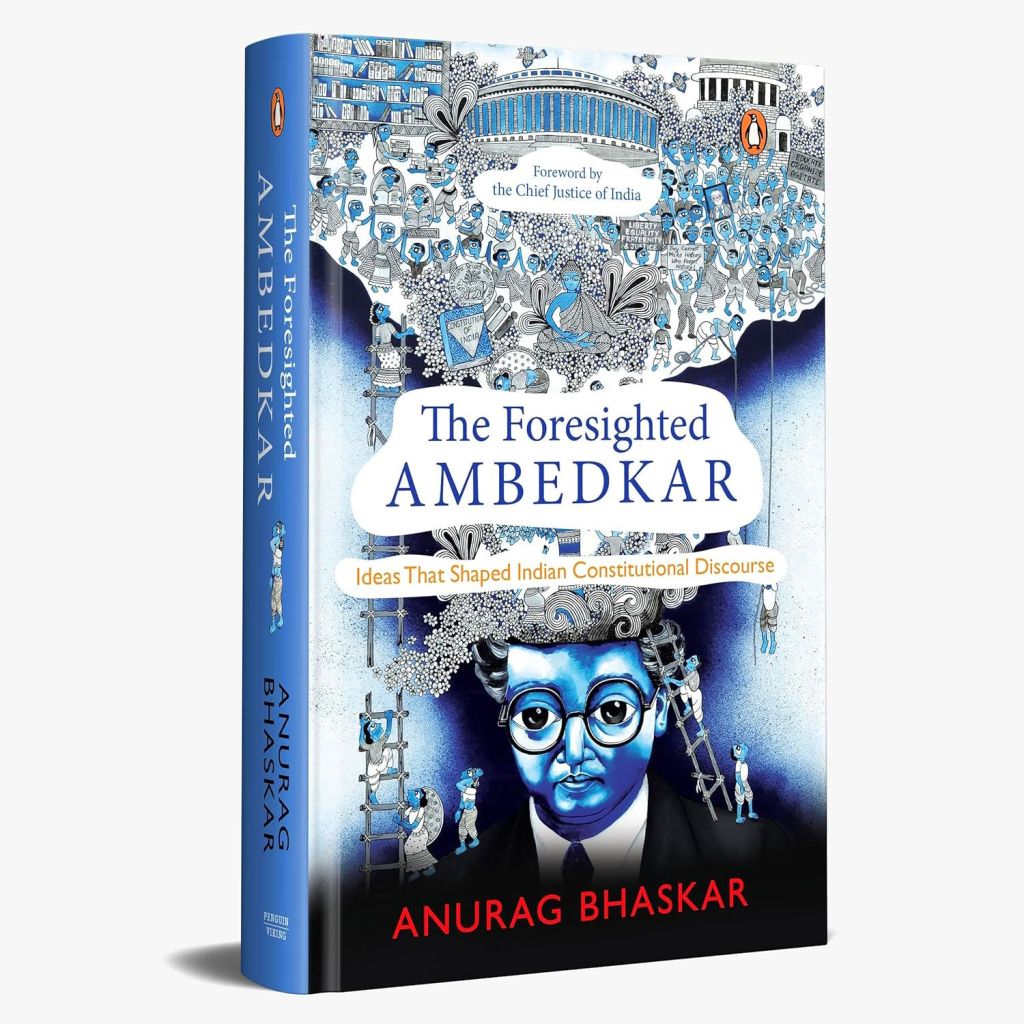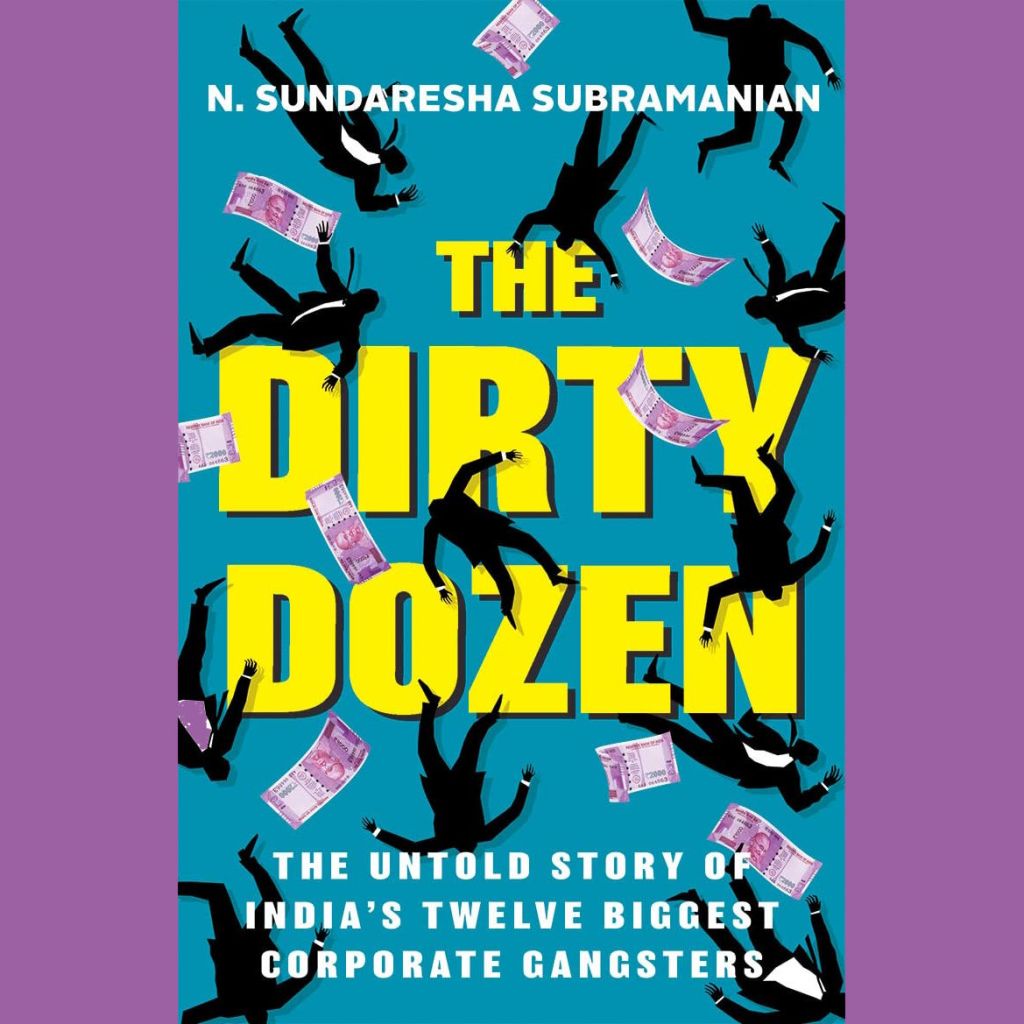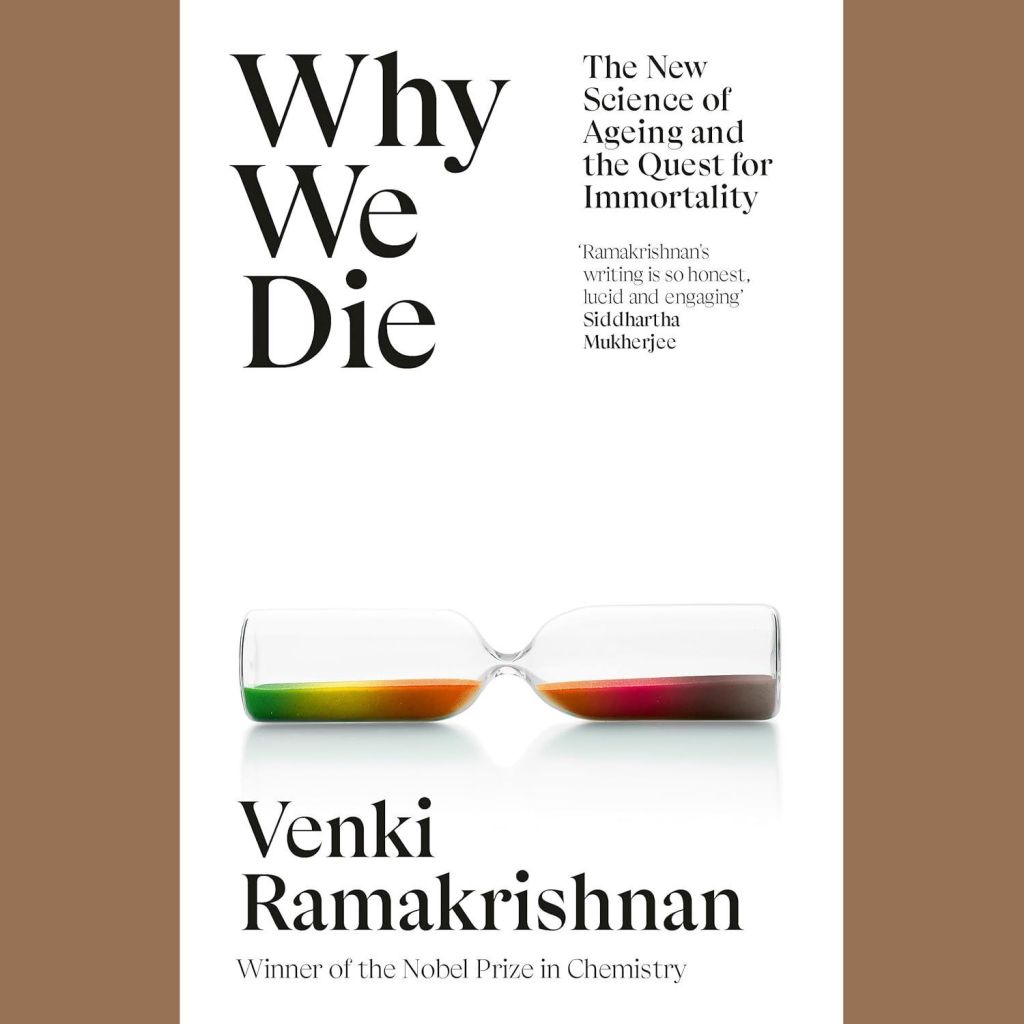Who doesn’t enjoy reading a well-written memoir? And for 2023, there’s quite a few lined up that we’d love to read. Okay, we’ll not be able to read all five in January but that’s okay, right? The list is in no particular order and some memoirs mentioned here have been published recently, while some are much older. All, we believe, may be deeply interesting. Here’s the list.

Stay True: A Memoir, by Hua Hsu
It’s a story of friendship. Hua Hsu, whose family are Taiwanese immigrants in the US, and Ken, who’s Japanese-American, are close. It is ‘a friendship built on late-night conversations over cigarettes, long drives along the California coast, and the successes and humiliations of everyday college life.’ And then one day, suddenly, it’s all gone when Ken is killed in a carjacking incident. They’ve barely been friends for three years or less, but it isn’t easy for Hua to deal with the loss. And the story he’s written about his friendship with Ken and the subsequent loss he has to bear, is an exceptional one.
‘To say that this book is about grief or coming-of-age doesn’t quite do it justice; nor is it mainly about being Asian American, even though there are glimmers of that too,’ says The New York Times. ‘This is a memoir that gathers power through accretion – all those moments and gestures that constitute experience, the bits and pieces that coalesce into a life,’ it adds.
The NYT review says: ‘Hsu is a subtle writer, not a showy one; the joy of Stay True sneaks up on you, and the wry jokes are threaded seamlessly throughout. After Ken died, Hsu typed a letter to him, detailing all the things that he would miss.’
“So be with me, OK, Ken?” he wrote. “Can you stay with me a little longer?”

The Escape Artist: The Man Who Broke Out of Auschwitz to Warn the World, by Jonathan Freedland
Auschwitz. The name brings to mind terrible things, the worst of humanity, tragedy, death and despair. A complex of more than 40 concentration and extermination camps operated by Nazi Germany in occupied Poland during World War II and the Holocaust, Auschwitz spelled hopelessness for Jewish prisoners, more than a million of whom were murdered there. More than 800 tried to escape. This book recounts the story of Rudolf Vrba and fellow inmate Fred Wetzle who broke out of Auschwitz in 1944 and lived to tell the tale.
‘In the death factory of Auschwitz, Vrba had become an eyewitness to almost every chilling stage of the Nazis’ process of industrialised murder. The more he saw, the more determined he became to warn the Jews of Europe what fate awaited them. A brilliant student of science and mathematics, he committed each detail to memory, risking everything to collect data. After his escape, that information would form a priceless report that would reach Roosevelt, Churchill and the Pope and eventually save over 200,000 lives.’
‘The Escape Artist includes harrowing details about Auschwitz that still have the power to shock. But the reactions to Vrba’s testimony by those in power – ranging from lack of interest to outright antisemitism – are nearly as horrifying,’ says The New York Times in its review. ‘Vrba’s story teaches us to be aware of the human mind’s propensity to allow itself to be deceived, when confronted by facts that seem too horrible to believe,’ it adds.

In Love: A Memoir of Love and Loss, by Amy Bloom
A paean to saying goodbye. There is a time to live. But there also comes a time when one must go. Not necessarily because one absolutely must but simply, perhaps, because leaving might simply be the better, less painful option. Brian, the author’s husband, has Alzheimer’s and the prognosis isn’t good. He’s ‘determined to die on his feet, not live on his knees,’ and Amy decides to support her husband’s decision to end things quickly and with whatever grace and dignity that can be mustered in such unimaginably difficult, heart-breaking circumstances. They travel to Dignitas, the Swiss organisation that helps people end their own life. ‘I don’t want to end my life, but I’d rather end it while I am still myself, rather than become less and less of a person,’ admits Brian.
Deciding to end one’s own life or ‘assisted dying,’ as it were, is a difficult – even taboo – subject but Bloom takes it on and doesn’t shy away from hard parts. The Washington Post calls this a ‘deeply stirring memoir.’ ‘The story is told through an archipelago of relevant backstory and episodes that chart the brutal process of helping a loved one die in a way that is not painful, frightening, traumatic or illegal,’ it says.
It’s not about cowardice or being unwilling to face up to life, or whatever is left of it. Sometimes, maybe, going away is the only thing one can do.

A Mountain of Crumbs: A Memoir, by Elena Gorokhova
‘Born with a desire to explore the world beyond her borders, Elena finds her passion in the complexity of the English language – but in the Soviet Union of the 1960s, such a passion verges on the subversive. Elena is controlled by the state the same way she is controlled by her mother, a mirror image of her motherland: overbearing, protective, difficult to leave. In the battle between a strong-willed daughter and her authoritarian mother, the daughter, in the end, must break free and leave in order to survive.’
Born in Leningrad in the mid-1950s, Elena tells her story of growing up in the Soviet Union, a place almost as cold and grey, dark and forbidding as the one that probably lives in your imagination. It’s the story of Elena’s life in the eastern bloc, of living with an overbearing mother, of pots of borscht and cabbage soup, shoe polish for mascara, order-induced boredom and queues for toilet paper. Only, of course, it’s much more than that. Elena and her mother are eventually able to migrate to the US but can they live happily ever after? “We don’t talk about such things as forgiveness, understanding, acceptance. But then, we are probably not the same people we were back in Russia,” says Elena.

The Shah, by Abbas Milani
The Iran of the late-1970s was a place of chaos and turmoil and the stories that came out of the country from that period are strangely fascinating even today, even though four decades have passed since then. Mohammad Reza Pahlavi, the last Shah of Iran, remains an iconic figure, albeit one whose last years are shrouded in some mystery and intrigue.
‘He was a social reformer, a romantic egomaniac, and a deeply conflicted man and leader. Here, internationally respected author Abbas Milani gives us the definitive biography, more than ten years in the making, of the monarch who shaped Iran’s modern age and with it the contemporary politics of the Middle East. The Shah’s was a life filled with contradiction – he built schools, increased equality for women, and greatly reduced the power of the Shia clergy. He made Iran a global power and nationalized his country’s many natural resources. But he was deeply conflicted and insecure in his powerful role. Intolerant of political dissent, he was eventually overthrown by the very people whose loyalty he so desperately sought. This comprehensive and gripping account shows us how Iran went from politically moderate monarchy to totalitarian Islamic republic.’
‘An incisive portrait of a deeply riven man and his country,’ says Kirkus Reviews. ‘A deep knowledge of Iranian history, especially about the key role the United States has played in its internal affairs since World War II, informs this meaty biography by Iranian-American historian Milani.’
‘Thrice-married, increasingly isolated in the world, criticized for the practices of his state-security intelligence agency (SAVAK) and suffering from cancer, the Shah had turned his country into his virtual private fiefdom by the time he was forced into exile in 1979. A stimulating biography and a thorough examination of the makeup of an entire nation,’ says Kirkus.
For anyone who’s fascinated with the Shah Reza Pahlavi and the Iran of the 1970s, this book is a must-read.

On Leopard Rock: A Life of Adventures, by Wilbur Smith
British-South African author Wilbur Smith, who passed away in November 2021 (he was in his late 80s), had 49 published books to his name, which have together sold more than 140 million copies. He wrote some truly hearty, magnificent novels, set in 19th century Africa, brimming with action and adventure and filled with memorable characters, the likes of which we may never see again. Some of his books, When the Lion Feeds, The Dark of the Sun, The Sound of Thunder, Shout at the Devil, Cry Wolf, A Sparrow Falls, Men of Men, The Leopard Hunts in Darkness and many, many more garnered great love and admiration from legions of fans around the world.
In On Leopard Rock, Smith recounts his own life, one that was filled with adventure and extraordinary true stories, which inspired his fiction. “I’ve been writing novels for over fifty years and was lucky enough to miss the big wars and not get shot, and to grow up among the heroes who had served in those wars and learn from their example. I have lucked into things continuously. I have done things which have seemed appalling at the time, disastrous even, but out of them have come deeper knowledge of human character and the ability to express myself better on paper, and write books which people enjoy reading,” said Smith.
‘In this chronicle of his life’s exploits, he narrates with the swagger of his heroes Hemingway and H. Rider Haggard. The book is replete with tales of hunting, flying, fishing, and near-death experiences,’ says Kirkus Reviews. ‘Honest and intimate, Smith’s memoir tells of an extraordinary life of writing,’ adds Publishers Weekly.


